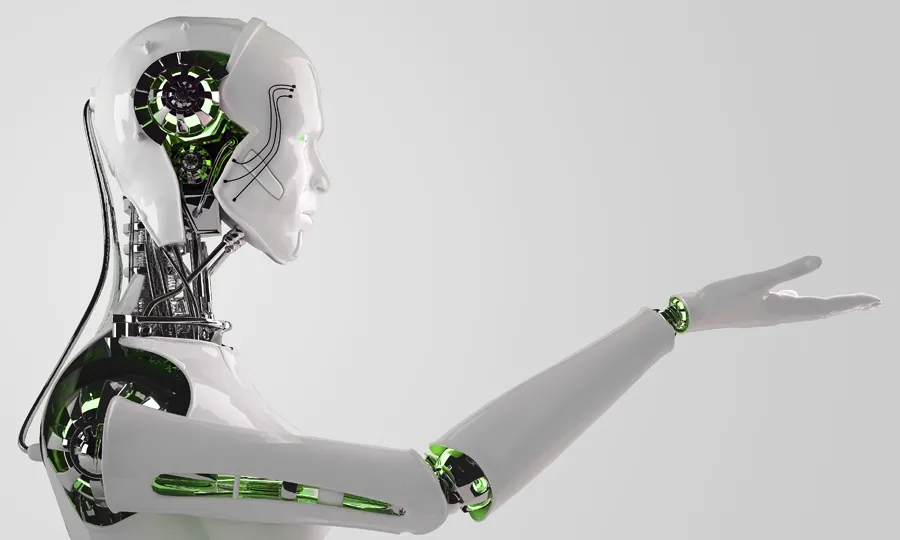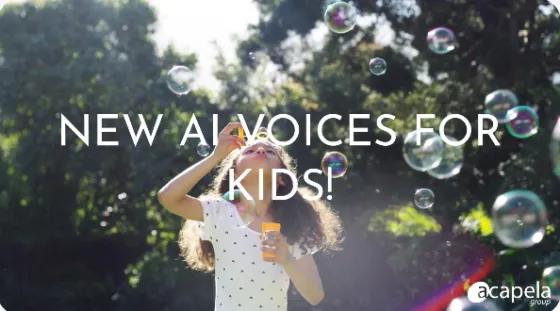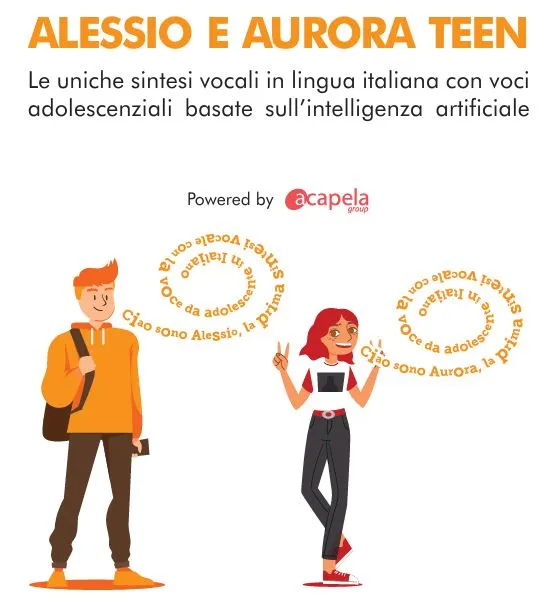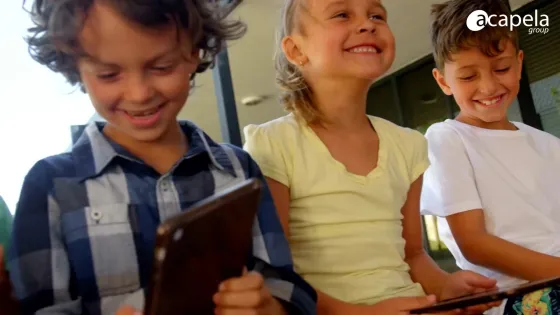The MaRDi project, sponsored by the ANR (French national research agency) and conducted by l’université Lille 1 (LIFL), le CNRS, l’université d’Avignon (LIA) , Supélec and Acapela Group for the voice part, aims to place human-computer interaction in differing contexts to better understand human-like information processing and underlying mechanisms for dealing with the real world. The reconstruction of the context will be based on the recognition and understanding of spoken inputs expressed by the user, but not only this. The originality of the project is the anchoring of the interaction in the real world, which will help determine the best ways to vocalise such human-robot interactions.
Language processing methods, among others, are stochastic processes that provide hypotheses about the context of the interaction, associated with confidence levels indicating the degree of certainty of these assumptions. Decisions made by the machine must take into account potential ambiguities and it needs to keep track of these throughout the interaction. This issue is treated in the man-machine dialogue community (which includes LIFL, Supélec and the LIA) through statistical optimization models of decision making processes. The physical attitude that robots should adopt to make the interaction more natural and effective will be among the areas of research. The voice of the robot, including the lexical content and the intonation, will be explored.
‘Text to speech is essential to allow humanoid robots to turn into speech the result of their analysis of a situation and environment, enabling them to interact with humans. Acapela voices are performing the vocalization for many robot projects and prototypes around the world thus participating in the development of robots that soon will help people in their daily lives and contribute towards making life easier’ comments Lars-Erik Larsson, CEO of Acapela Group.
Acapela group will specifically work on speech synthesis methods based on voice transformation. A more challenging and interesting area for Acapela specialists will be the modulation of the way the robot speaks, in accordance with the contextual situation, seamlessly switching from one voice model to another – for instance from whispering to yelling or laughing.
MaRDI’s project Partners







